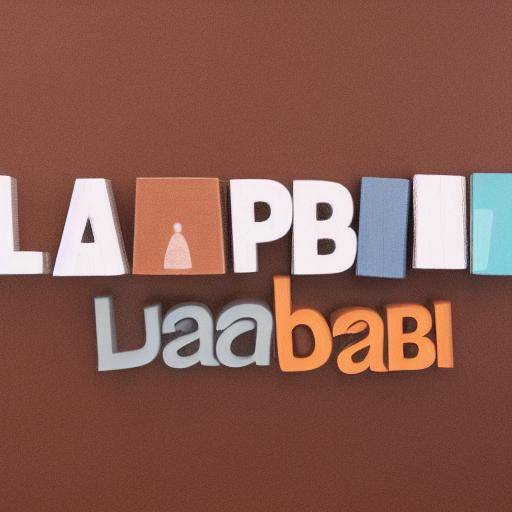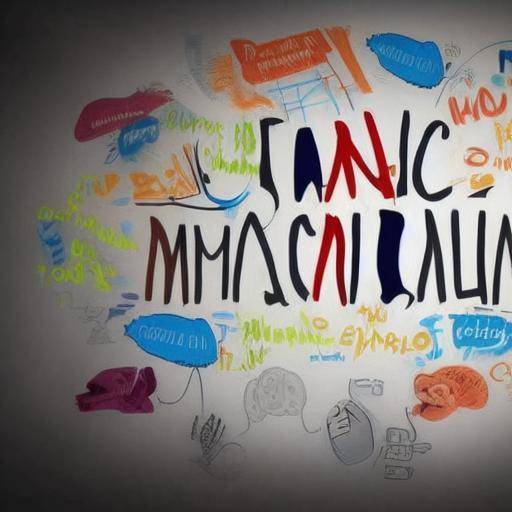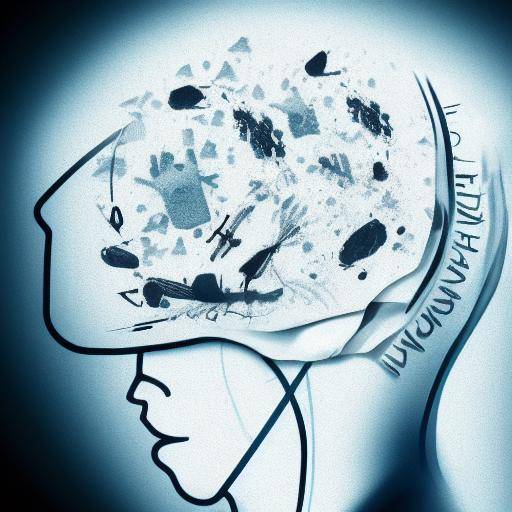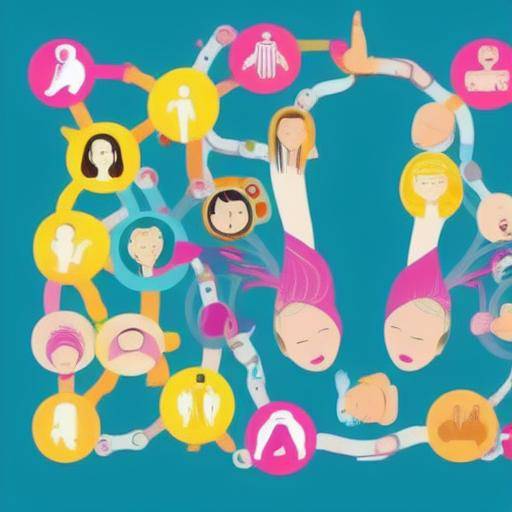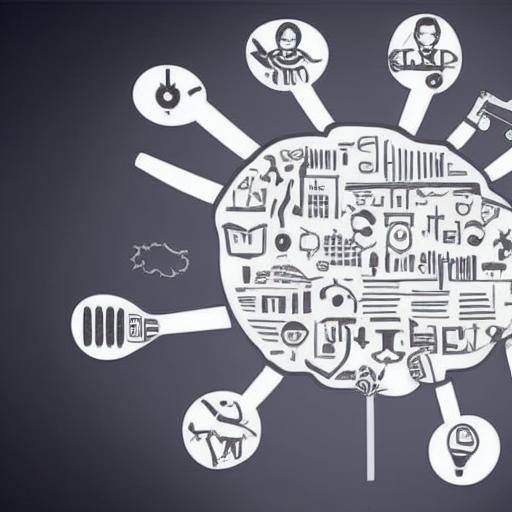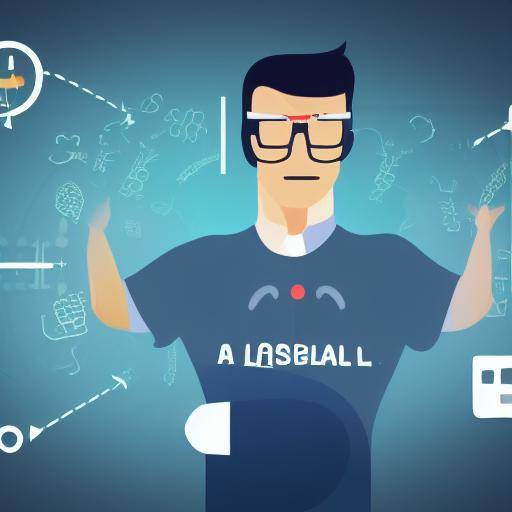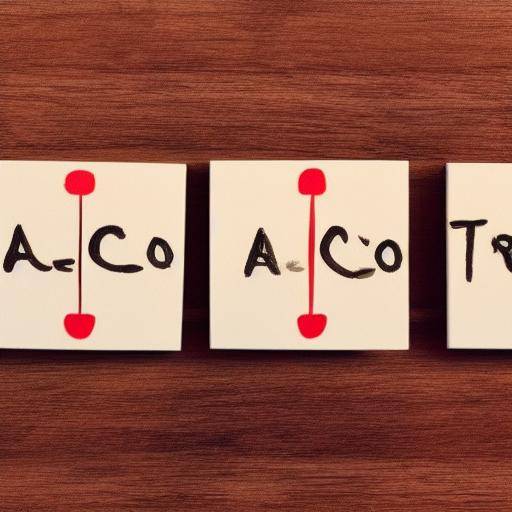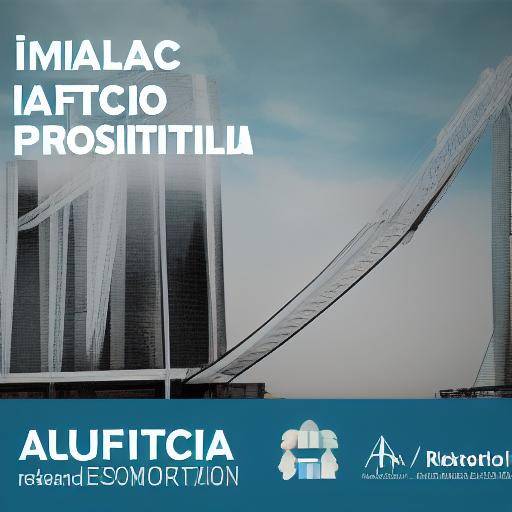
Mental flexibility is a concept that has gained relevance in recent years due to its significant impact on emotional well-being and personal authenticity. As we face challenges that require adaptability, the ability to develop mental flexibility becomes essential to effectively navigate through everyday life. In this article, we will explore in depth what mental flexibility is, how it influences our authenticity and emotional well-being, as well as practical strategies to promote it.
What is Mental Flexibility?
Mental flexibility refers to the ability to adapt to new situations, change patterns of thought and behavior, and respond resiliently to challenges. It implies holding different perspectives, being responsive to new ideas and adjusting strategies when necessary. In a constantly changing world, mental flexibility becomes an invaluable asset to meet the demands of modern life.
Importance of Mental Flexibility
Mental flexibility is closely linked to authenticity and emotional well-being. Those who have greater mental flexibility tend to experience less stress, be more resilient to adversity and maintain greater coherence between their thoughts, emotions and actions. By developing the ability to adapt to changing situations, authenticity is increased by acting in a manner consistent with personal values and beliefs, which in turn strengthens the sense of identity and emotional well-being.
Developing Mental Flexibility to Promote Authenticity
Strategies for Promoting Mental Flexibility
- Practicing full attention: Full attention, or mindfulness, can help develop the ability to observe thoughts and emotions without automatic reaction, allowing to broaden perspective and generate more conscious responses.
- Exposing to diversity: actively seeking new experiences, interacting with people from different backgrounds and exploring dissimilar perspectives contributes to expanding mental flexibility.
- Learning from failures: Instead of seeing failures as obstacles, it is useful to perceive them as learning and growth opportunities, which fosters adaptability and resilience.
- Practice side thinking: Develop the ability to seek innovative solutions through side thinking strengthens the ability to change and adapt.
Link between Mental Flexibility, Authenticity and Emotional Wellness
The relationship between mental flexibility, authenticity and emotional well-being is profound and reciprocal. Increased mental flexibility facilitates the ability to align with one's own values, promoting authenticity by acting in conjunction with oneself. This alignment in turn fosters emotional well-being by reducing internal dissonance and strengthening self-acceptance.
Implications of Mental Flexibility in Different Contexts
Mental flexibility not only has implications at the individual level, but also influences labour, educational and relational environments. In the workplace, mental flexibility is a desirable feature that favors adaptability to organizational changes and creative problem solving. In the educational field, fostering mental flexibility in students promotes the ability to learn more efficiently and adapt to a constantly evolving environment. In interpersonal relationships, mental flexibility facilitates empathy, conflict resolution and the building of genuine and satisfactory relationships.
The Future of Mental Flexibility
As complexity and uncertainty increasingly characterize our lives, mental flexibility is positioned as a fundamental ability to thrive in a constantly changing environment. Its impact on authenticity and emotional well-being confirms its relevance in personal and social development.
Conclusions
Mental flexibility represents a valuable resource for improving authenticity and emotional well-being, while promoting adaptability and resilience to the challenges presented in life. By building the capacity to adapt to different circumstances, internal coherence is strengthened, promoting greater authenticity and emotional well-being.
The implications of mental flexibility transcend the individual, extending to the labor, educational and relational spheres. Its influence in the working environment translates into the ability of organizations and employees to adapt to changes, solve problems innovatively and maintain a healthy working climate. In the educational field, mental flexibility enhances the learning and adaptation capacity of students, preparing them to face future challenges. In addition, in interpersonal relationships, mental flexibility promotes empathy, conflict resolution and the establishment of genuine links.
As an increasingly relevant skill, mental flexibility is seen as an essential component to prosper in the future. Its positive impact on authenticity and emotional well-being places it as a fundamental pillar in personal and social development.
Frequently asked questions
1. How can I develop my mental flexibility in high-pressure situations?
To develop mental flexibility in high-pressure situations, it is essential to practice full attention, seek emotional support, and foster resilience through self-compassion and learning of failures.
2. Does mental flexibility imply giving up my values and beliefs?
No, on the contrary, mental flexibility allows for greater coherence with personal values and beliefs, by facilitating conscious and consistent adaptation to new situations without compromising authenticity.
3. How does mental flexibility influence the resolution of interpersonal conflicts?
Mental flexibility facilitates empathy, the understanding of different perspectives and the search for creative solutions, making it vital for constructive conflict resolution and harmonious relationships.
4. Is there a limit to being too flexible mentally?
While mental flexibility is beneficial, it is important to establish healthy boundaries and maintain personal coherence. The balance between adaptability and authenticity is key to your optimal benefit.
5. Can mental flexibility be enhanced in the workplace?
Yes, in the working environment, mental flexibility can be fostered through the promotion of creativity, tolerance for ambiguity, and the encouragement of diversity of thought.
6. What is the impact of mental flexibility on long-term emotional well-being?
Mental flexibility contributes significantly to long-term emotional well-being by strengthening adaptation capacity, promoting internal coherence and strengthening authenticity, which has a positive impact on quality of life.
In short, mental flexibility becomes a highly relevant skill in the current context, directly impacting on authenticity and emotional well-being. By fostering adaptability, consistency and resilience, a genuine sense of identity and greater emotional balance are promoted. These qualities, in turn, result in significant benefits both at the individual level and in working, educational and social environments, positioning mental flexibility as a fundamental pillar in addressing the challenges of the present and the future.



